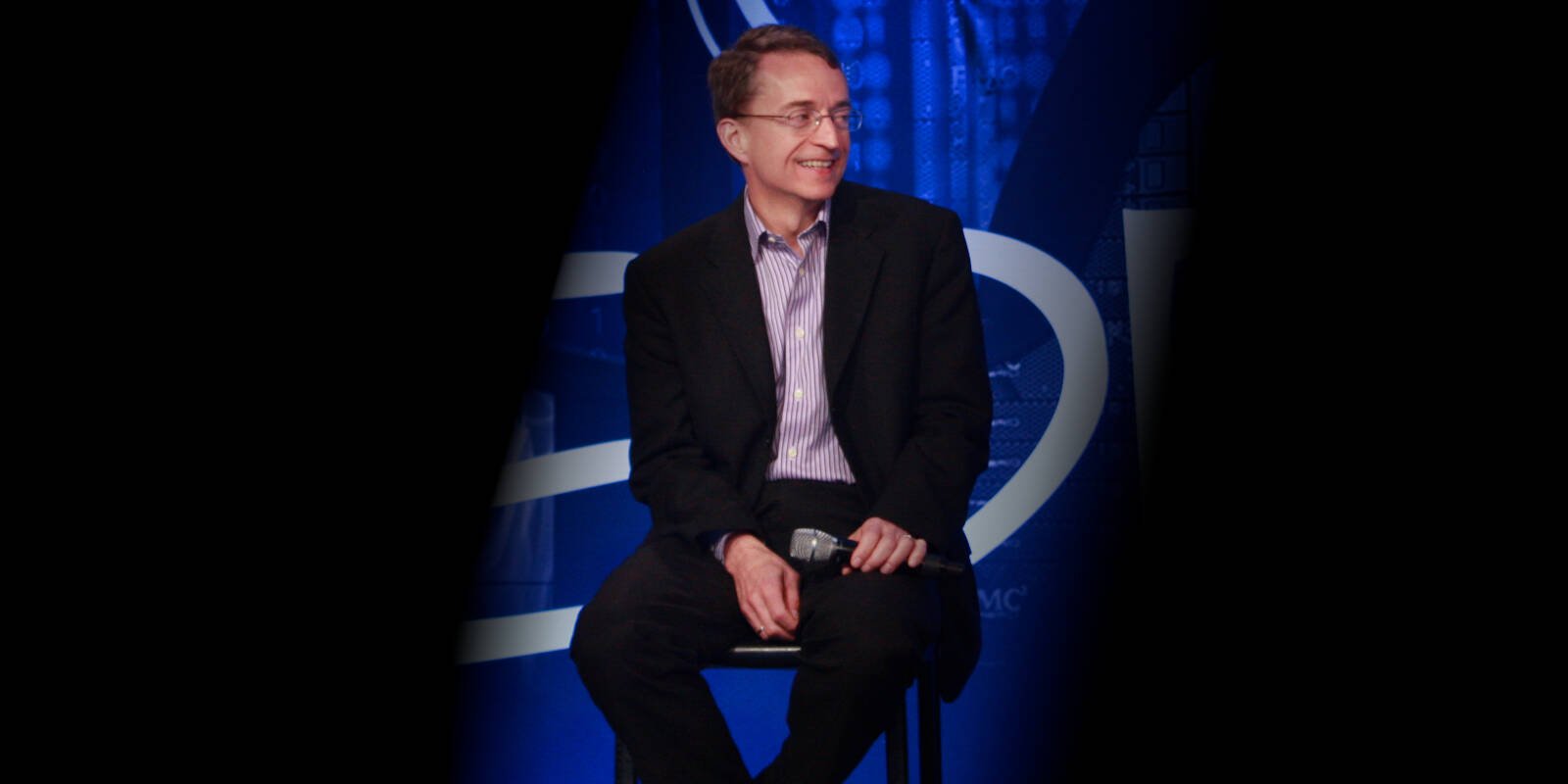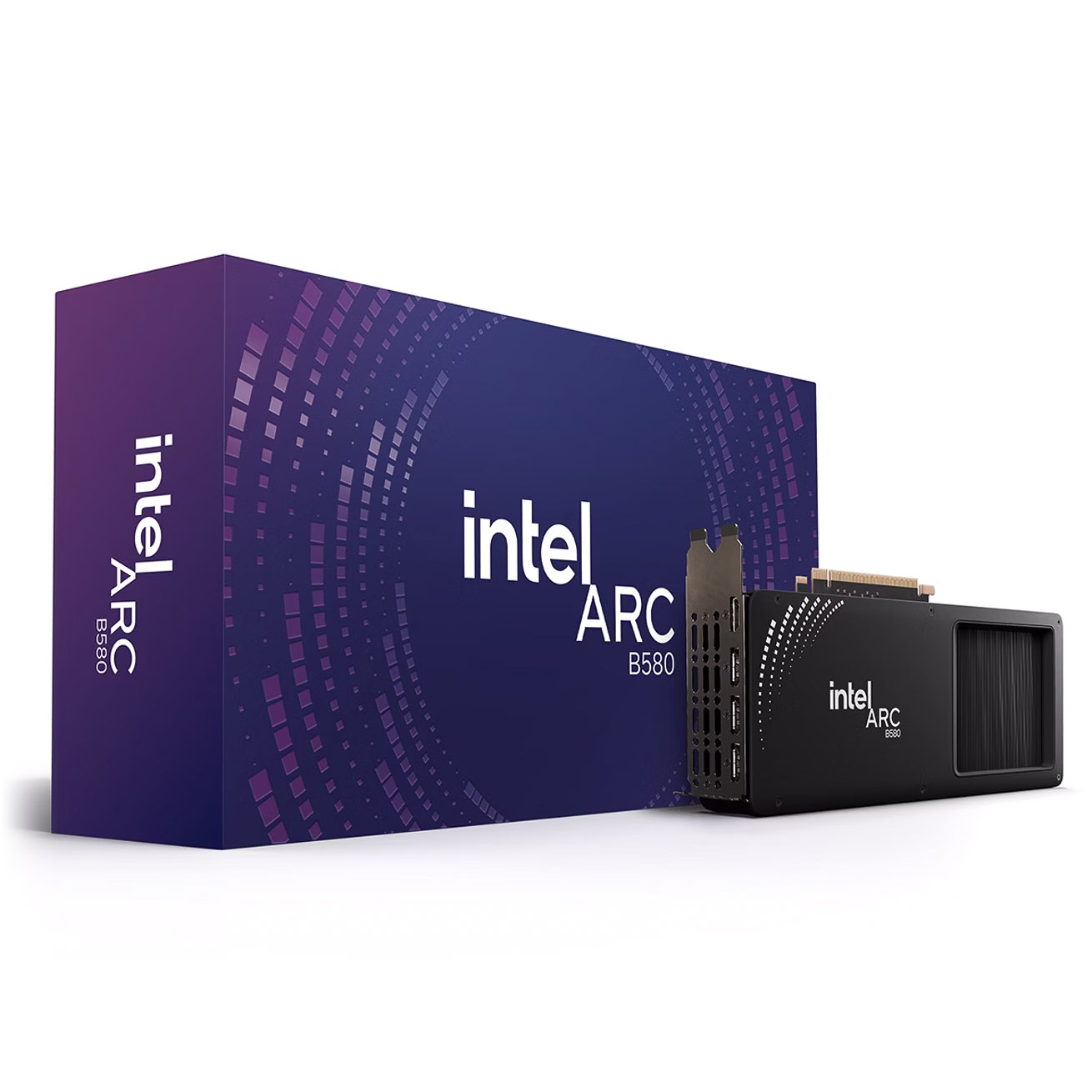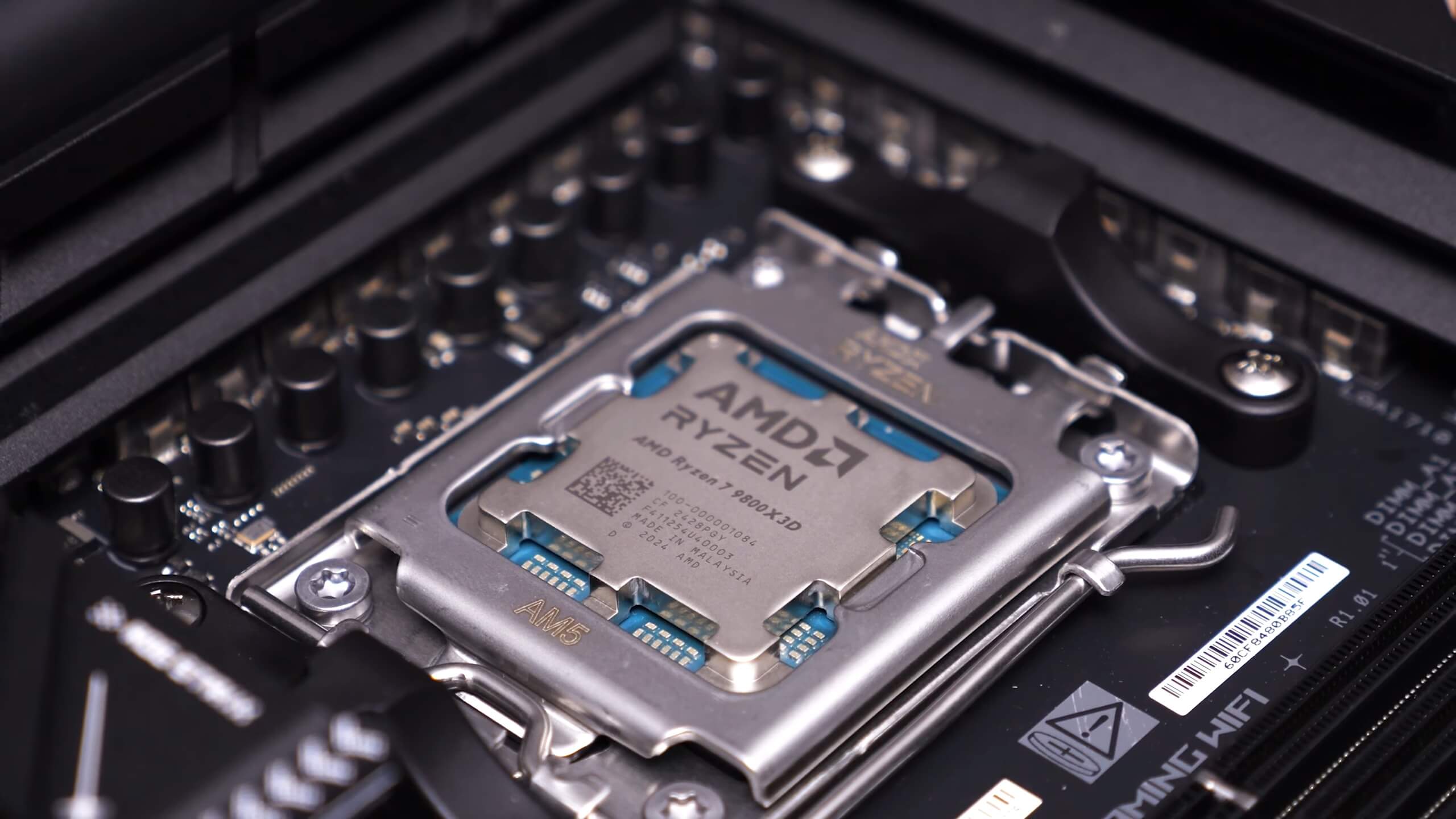Associate
- Joined
- 5 Aug 2017
- Posts
- 1,278
- Location
- Cornwall
"Intel CEO Pat Gelsinger retires"
Please remember that any mention of competitors, hinting at competitors or offering to provide details of competitors will result in an account suspension. The full rules can be found under the 'Terms and Rules' link in the bottom right corner of your screen. Just don't mention competitors in any way, shape or form and you'll be OK.
CFO to take control while new CEO is found. What coild possibly go wrong?"Intel CEO Pat Gelsinger retires"

There's not a surprise"Intel CEO Pat Gelsinger retires"
Pat Gelsinger really didn't have much to do with any of that. These architectures were in development long before he took over. Brian Krzanich is really the one who steered the company straight into an iceberg and it's been slowly sinking ever since. Most of the stuff Gelsinger did during his few years in charge was about setting things up for the long term, and the results of his decisions won't be seen for a while yet. The problem is that shareholders aren't generally interested in the long term over short term profits and the board needed a scapegoat for the company's poor performance, so he's been forced out. He was given a choice of voluntary retirement or being fired at a meeting last week according to Bloomberg.Not surprised at all by the announcement given the string of disasters Intel have had over the last year. Hopefully Battlemage will be shining light for them because their CPU's are just not cutting it.
What's interesting is the timing of this; Gelsinger is gone effective immediately, as both CEO and board member with no successor chosen. That is quite rare.
In my experience there's only three reasons that would happen. First, the board have discovered some kind of very serious misconduct and the CEO has admitted to it so no investigation process is necessary. Second, the CEO has done something that caused the board to completely lose faith in his abilities and wants him gone ASAP.
Finally, the CEO asks to go right away, usually because of family or health issues.
Everything Intel sells today was already in process when Pat become CEO. The 13th and 14th gen failures, the disastrous performance of Arrow Lake, none of that is his doing. His plans have not had time to come anywhere near fruition. So it's hard to see how the board would decide he's done so spectacularly crap a job as to need immediate firing. Neither has there ever been so much as a whiff of impropriety around Pat at any point in his career.
So my guess is it's the third scenario. He's leaving at his own request and the reason is personal enough the company will keep it confidential.

13th and 14th gen seem like they have been XOC'd from the factory. While the architecture was already in the pipeline, how hard that architecture was pushed (and ultimately marketed) could have been a relatively recent decision. -Recent enough to turn 13th gen up to 11 before launching to consumers whilst also speed-running reliability testing.Everything Intel sells today was already in process when Pat become CEO. The 13th and 14th gen failures, the disastrous performance of Arrow Lake, none of that is his doing.
Pat has clearly been dropped because he was blocking the fabs being sold off so Intel can pretend it has a big payday and for the investors to come back because lol.

Pat has clearly been dropped because he was blocking the fabs being sold off so Intel can pretend it has a big payday and for the investors to come back because lol.

 www.techspot.com
www.techspot.com

AMD captures nearly 90% of motherboard sales during Black Friday at German retailer, dominates US charts
Mindfactory sold 4,350 motherboards during Black Friday week, according to data posted by TechEpiphany. Of that amount, 3,800, or 87.3%, were AMD boards, with just 550, or 12.6%, from Intel.www.techspot.com
Puget who?Bare in mind that Mindfactory sells into a market which is more AMD leaning than average and the company, likely due to their market, tends to lean towards AMD pre-built systems, etc.
(And you'll get the other side of the story from companies like Puget Systems who tend to sell into an Intel leaning market and the company tends to be Intel leaning).
They lean to what sells , nothing more, nothing less .Bare in mind that Mindfactory sells into a market which is more AMD leaning than average and the company, likely due to their market, tends to lean towards AMD pre-built systems, etc.
They lean to what sells , nothing more, nothing less .
Dare say if you look at historical figures of theirs it would show Intel at 90% during AMD's bulldozer days because that's what will have been selling well at the time!
Bare in mind that Mindfactory sells into a market which is more AMD leaning than average and the company, likely due to their market, tends to lean towards AMD pre-built systems, etc.
(And you'll get the other side of the story from companies like Puget Systems who tend to sell into an Intel leaning market and the company tends to be Intel leaning).

